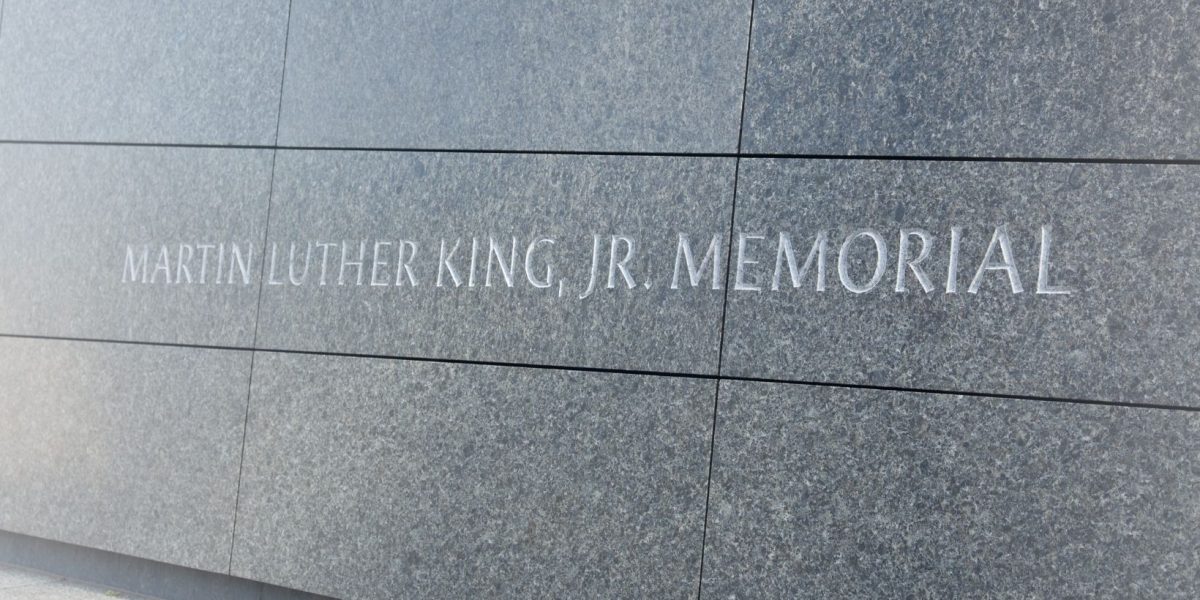On April 4, 1968, the world was shaken by the news of the assassination of Dr. Martin Luther King Jr., a towering figure in the civil rights movement. More than five decades later, the reverberations of that tragic event still echo through the corridors of American history, leaving an indelible mark on the nation’s consciousness. The impact of MLK’s assassination transcends mere historical significance; it has fundamentally shaped the trajectory of American society and continues to influence our collective identity to this day.
First and foremost, the assassination of MLK plunged the nation into a state of mourning and introspection. For millions of Americans, King’s message of nonviolent resistance and racial equality had become a beacon of hope in a time of profound social upheaval. His untimely death shattered that hope and exposed the deep-rooted divisions and injustices that still plagued American society. The outpouring of grief and outrage that followed served as a wake-up call for many, galvanizing a renewed commitment to the cause of civil rights and social justice.
In the immediate aftermath of King’s assassination, cities across America erupted in violence as communities vented their frustration and despair. The riots that ensued laid bare the simmering tensions and systemic inequalities that had long been ignored or suppressed. MLK’s death became a catalyst for widespread unrest, forcing the nation to confront the harsh realities of racial discrimination and economic disparity. It was a stark reminder that the struggle for civil rights was far from over and that meaningful change would require concerted effort and sacrifice.
Moreover, MLK’s assassination precipitated a profound reckoning within the civil rights movement itself. With its most prominent leader gone, the movement faced a crisis of leadership and direction. In the absence of King’s guiding voice, factions within the movement vied for control, leading to internal divisions and ideological debates. Yet, out of this turmoil emerged a renewed sense of purpose and determination. Activists and organizers redoubled their efforts to advance King’s vision of a more just and equitable society, drawing inspiration from his enduring legacy.
In the years following MLK’s assassination, his message of peace and equality continued to resonate with people of all backgrounds. His words became a rallying cry for those fighting against injustice and oppression in all its forms. From the civil rights struggles of the 1960s to the modern-day movements for racial justice, King’s principles of nonviolence and solidarity have remained a guiding light for activists around the world.
Furthermore, the assassination of MLK highlighted the urgent need for reforms to address the root causes of racial inequality and violence in America. In the years that followed, significant legislative achievements, such as the Civil Rights Act of 1968 and the Voting Rights Act of 1965, were passed to dismantle segregation and protect the rights of African Americans. Yet, despite these gains, the fight for racial justice is far from over. The persistence of systemic racism and the ongoing struggles for equality serve as a stark reminder of the unfinished work that remains.
In conclusion, the assassination of Dr. Martin Luther King Jr. was a defining moment in American history, with far-reaching implications that continue to shape our society today. Though his life was tragically cut short, MLK’s legacy endures as a beacon of hope and inspiration for future generations. As we reflect on the profound impact of his death, let us recommit ourselves to the ideals of justice, equality, and peace for which he so courageously fought. Only by confronting the challenges of our past can we build a more inclusive and equitable future for all.





